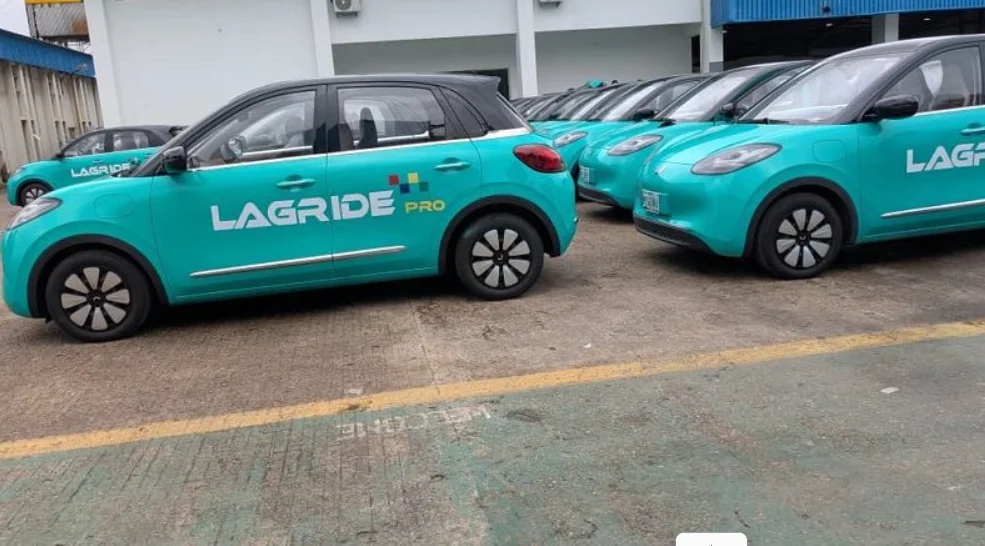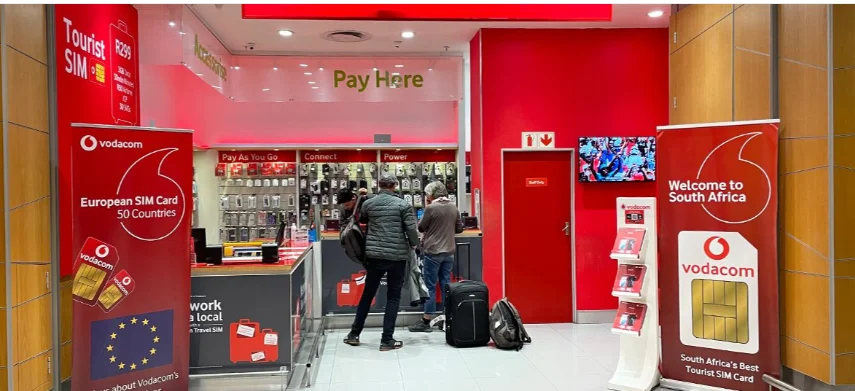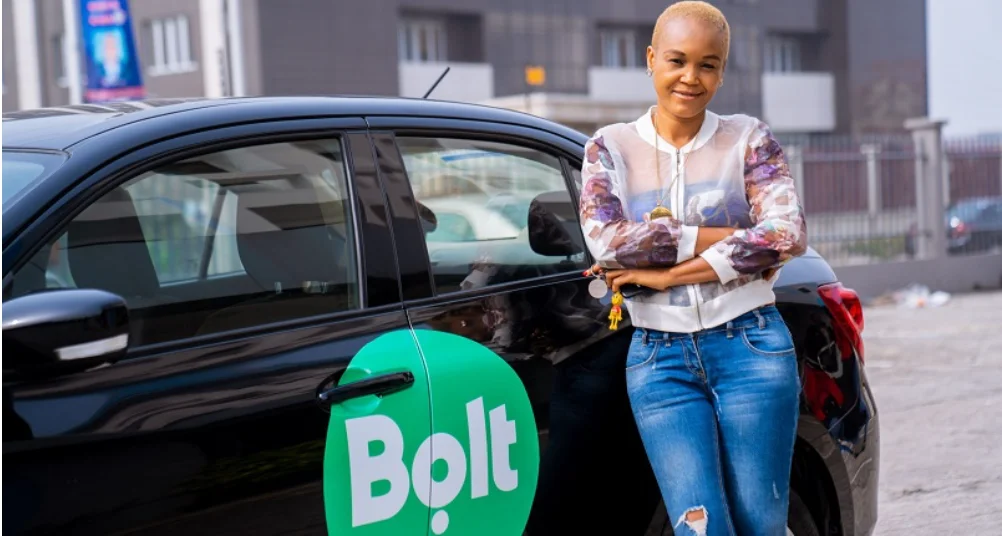Lagride Drivers Say New EV Rollout Is Hurting Their Performance, Not Rewarding It
In September, Lagride introduced 100 fully electric vehicles (EVs) into Lagos’ mobility market, positioning the move as a major step toward cleaner transportation. The company said the shift would be powered by its top-performing drivers, selected to pioneer Nigeria’s EV transition.
But weeks into the rollout, several of these high-performing drivers say the new assignment feels less like a reward and more like a setback. They claim the EVs lack the efficiency, durability, and infrastructure needed to support their work, ultimately threatening their productivity and income.
Hours-Long Queues and Limited Charging Ports
A recurring complaint among the drivers is the severe shortage of charging ports, which leaves them spending hours waiting in line before they can power up their vehicles.
One driver told Technext that charging has become a daily struggle:
“Since last night, I can’t charge the vehicle, and there are about 30 other vehicles in the queue in Victoria Island. In the end, I couldn’t get a full charge… How do I work when having to charge my battery is war?”
Even after securing a spot, drivers say they rarely get a full charge before another EV needs the station.
Fast-Draining Batteries and Restricted Mobility
Drivers also insist that Lagride’s promised “full-day battery life” is far from reality. Many say the cars require at least two full charges daily, making long-distance trips nearly impossible.
One driver explained:
“The battery drains very fast… On a busy day, you will need at least two full charges. You can’t go to Ikorodu or Epe with it; they will have to tow it back. Once you put on the AC, the battery drains one per cent every three minutes.”
Due to the battery limitations, many drivers avoid trips outside areas where charging hubs are available, reducing their earning potential.
Loss of Long-Term Clients and Earnings
Beyond technical issues, drivers say the shift to smaller EVs is affecting their customer base, especially those who rely on spacious SUVs for airport trips or premium transport needs.
One longtime driver shared his frustration:
“My customers are airport travellers. They want SUVs that carry large luggage and match their status. With this small EV, I’m losing clients I’ve built over the years.”
For drivers who depend on high-value clients, the switch feels financially damaging.
Drivers Report Intimidation When Raising Complaints
Some drivers say their attempts to raise concerns internally have been met with threats. One driver recounted being dismissed by a Relationship Officer (RO):
“The RO told me if I don’t want the EV, I should park the SUV and find my way. He said thousands are waiting to join, so my complaint doesn’t matter. I felt threatened and humiliated.”
These interactions have intensified feelings of resentment among drivers who believed they were selected for their outstanding performance.
Lagride Responds: “This Is a Reward, Not a Punishment”
Reacting to the allegations, Ifeanyi Abraham, spokesperson for Lagride, defended the EV rollout and the decision to assign them to top-performing drivers.
He said the company intentionally chose disciplined and experienced captains to lead Nigeria’s clean mobility transition:
“Being assigned an EV means the company trusts the captain to manage advanced vehicles that represent the future of mobility. This was a strategic empowerment decision, not a punitive one.”
Abraham added that EVs offer financial and operational advantages, including the elimination of fuel costs, reduced maintenance, and higher long-term profitability.
A Transition at Crossroads
As Lagos pushes toward greener mobility, Lagride’s EV initiative represents an important step. But the concerns raised by its top drivers reveal deep infrastructural and operational gaps, particularly around charging capacity and vehicle performance. Whether Lagride adjusts its strategy or doubles down on its rollout could determine the success of Lagos’ broader electric mobility ambitions.












